About Us
Monarch Research Institute
These training programs have been developed by the clinicians and researchers at the Monarch Research Institute, a division of Monarch Mental Health Group. The institute, led by Professor Paul Fitzgerald, includes internationally recognised clinicians and researchers with backgrounds in neuroscience, biomedical engineering, psychiatry, neuropsychology, and psychiatric nursing.
The team at Monarch Research Institute has extensive and unsurpassed experience in the clinical use of TMS having treated patients with this technique for over 20 years and established multiple clinical rTMS services throughout Australia. They have conducted many brain stimulation research studies, published over 500 brain stimulation related papers, authored national and international clinical practice and research guidelines and obtained multiple NHMRC grants for brain stimulation projects. Details on the members of this leading group involved in our courses are provided below.
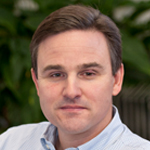
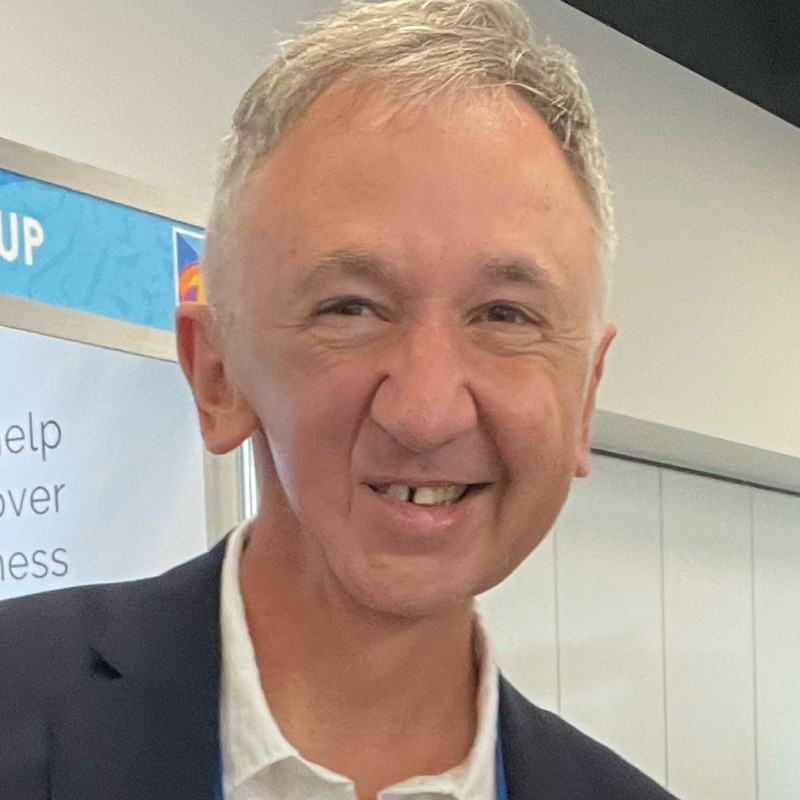
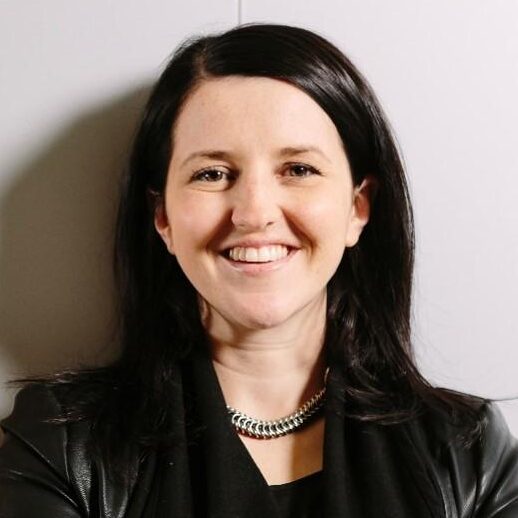
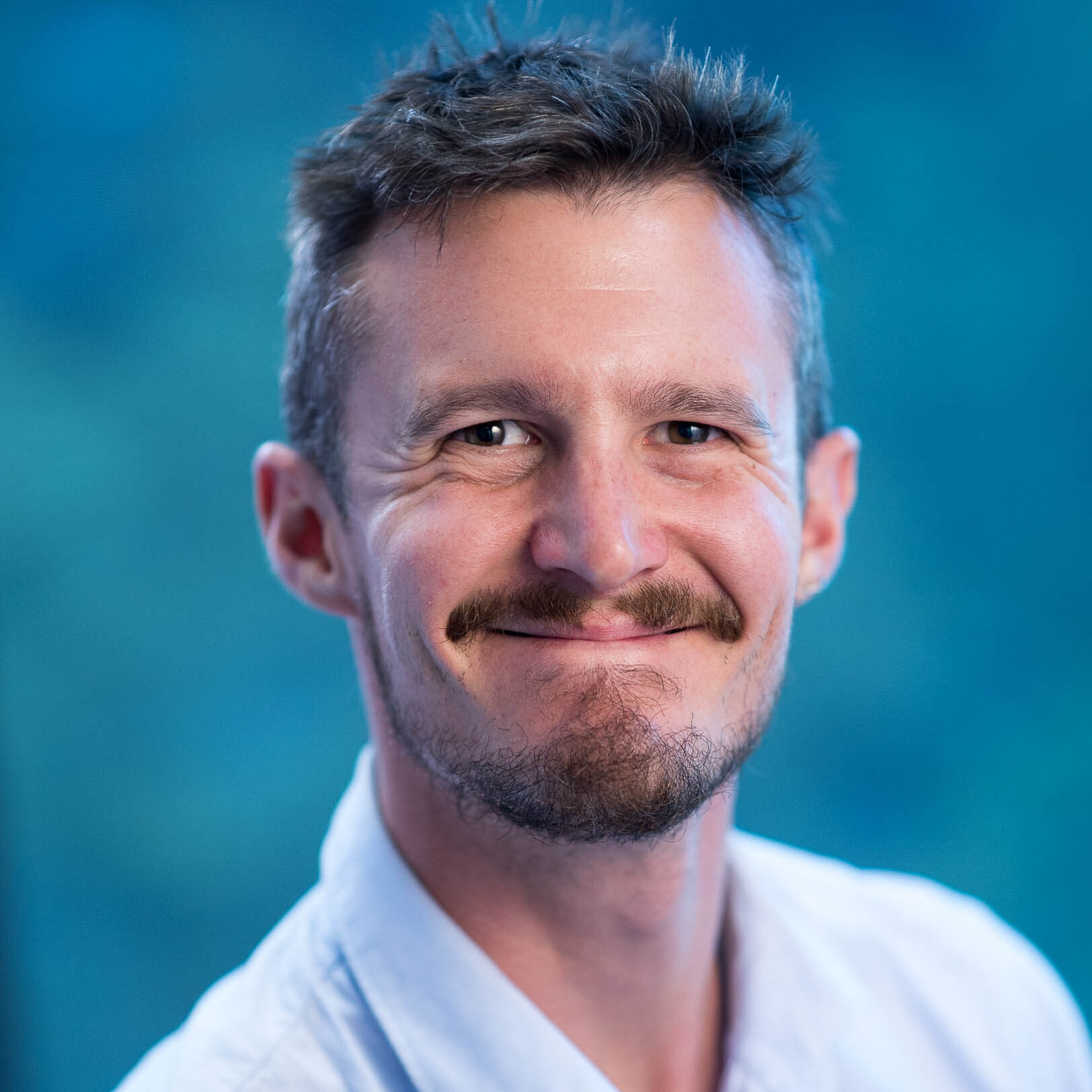
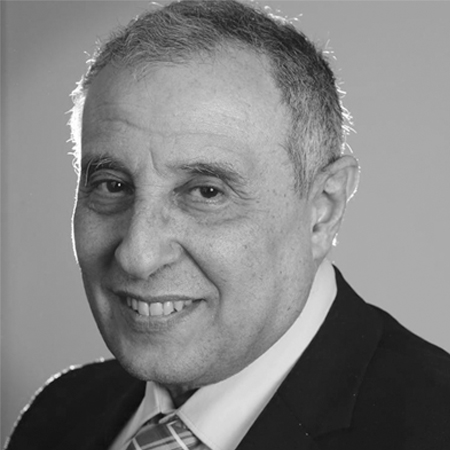
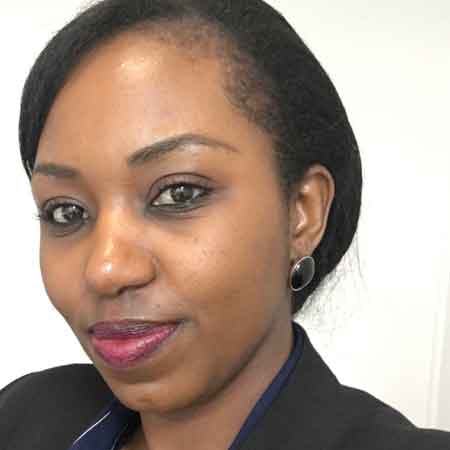
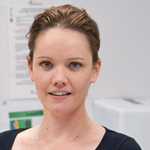







Professor Paul Fitzgerald
Professor Fitzgerald (MBBS, FRANZCP, MPM, PhD) has been at the forefront of brain stimulation research for nearly 20 years. He has conducted numerous large clinical trials of TMS and other brain stimulation treatments in depression, bipolar disorder, schizophrenia and a number of other conditions. He has also conducted an extensive series of other research studies using these methods. He has had continual support from the National Health and Medical Council for over 15 years and published over 380 peer reviewed research papers, the majority in the area of brain stimulation. He has authored multiple national and international brain stimulation guidelines and clearly has unparalleled experience in both the research and the clinical provision of TMS for the treatment of psychiatric illness.
Dr Ted Cassidy
Dr Ted Cassidy is Co-founder of Monarch Mental Health Group. He has been delivering innovative mental health treatment services for over 20 years, including TMS. Dr Cassidy has worked extensively since 2014 in the field of developing next-step mental health treatments for patients with depression, anxiety, and related mental health conditions. Dr Cassidy previously founded and owned The Hills Clinic group and hospital, the first purpose built private mental health hospital in Australia. From 2004 – 2017, he was the Medical Director, during this time more than 10,000 patients with mental illness were assisted in the Northwest of Sydney.
Associate Professor Bernadette Fitzgibbon
Associate Professor Bernadette Fitzgibbon is the Deputy Director of Research at the Monarch Research Institute, and an Associate Professor at the Australian National University and Monash University. She has over 15 years’ experience in TMS, with her work focusing on the development of non-invasive brain stimulation for the treatment of pain. She has successfully led her own TMS clinical trials, including in fibromyalgia and post-surgical pain management, as well as been involved in TMS trials in autism spectrum disorder, depression, dementia, and other conditions. Her worked has also involved using neuroscience methods to better understand pain and mental health, and to enhance TMS protocols to improve treatment outcomes. She has published over 70 peer-reviewed articles, 3 books chapters and been awarded >2.5 million in research funding including from the National Health and Medical Research Council. Her work has been recognized through invitations to talk at conferences including giving a plenary at the 2022 Neuromodulation Society of Australia & New Zealand 15th Annual Scientific Meeting, and she has received several awards including the 2018 Australasian Brain Stimulation Society Early Career Award. She is a current executive member of the Australasian Brain Stimulation Society (2019-).
Dr Neil Bailey
Dr Neil Bailey (BSc (Hons), PhD) is a senior research fellow whose research is focused on the use of electroencephalography (EEG) to understand how brain activity is affected by depression and other mental illnesses, as well as how brain activity is changed in individuals who have experience in meditation. Additionally, his research also focuses on how different psychiatric treatments affect brain activity and the use of EEG scans to predict who will respond to specific treatments, which will lead to improved treatment response rates. Neil has over 50 publications in leading neuroscience journals and has over 12 years experience in the use of brain stimulation techniques.
Dr Samir Ibrahim
Dr Samir Ibrahim is a Senior Consultant Psychiatrist at the Monarch Clinic and is Director of the Transcranial Magnetic Stimulation Program at Northpark Private Hospital. Dr Ibrahim is also an international member of the American Psychiatric Association and is the Co-Chair of the Family Research and Interventions Section at the World Psychiatric Association. Dr Samir Ibrahim has been a psychiatrist for 39 years and practices in Sydenham and Bundoora. He arrived in Australia from Egypt 25 years ago and has a passion for helping people who have mental health conditions find their voice.
Ms Teresia Gitau
Teresia Gitau is a registered nurse and is the Clinical Governance and Quality manager at Monarch Mental Health Group. Teresia has been a nurse for over 15 years with extensive overseas experience mainly in nursing management. Teresia has had 8 years’ of experience in mental health specialising in the delivery of TMS treatments and training health professionals on TMS. Teresia’s passion is quality health care.
Professor Kate Hoy
Prof Kate Hoy (BBNSc (Hons), DPsych (Clin Neuro) is a leading clinical researcher based at the Bionics Institute. Her vision is to transform the existing therapeutical landscape for cognitive disorders by developing, for the first time, truly effective therapies. Over the last 15 years, supported by three sequential NHMRC fellowships, Professor Hoy has built an internationally unique program of clinical research investigating non-invasive brain stimulation for the treatment of cognitively impairment. Her research has investigated novel therapeutic targets for cognitive impairment, Huntington’s disease, head injury, and schizophrenia. Building on this work, she has led a number of world-first brain stimulation clinical trials, including trials for the treatment and prevention of dementia.
